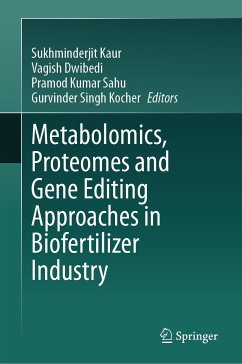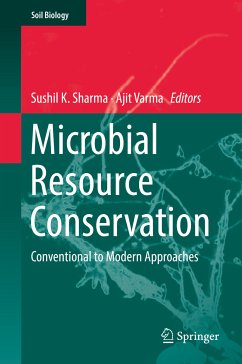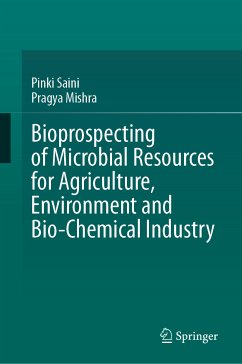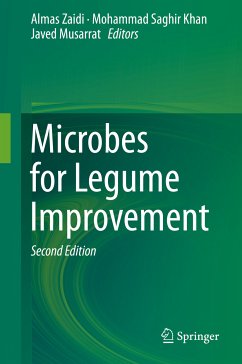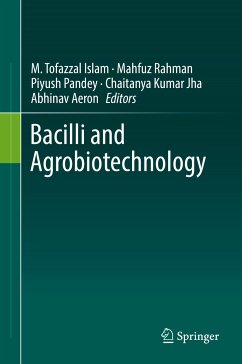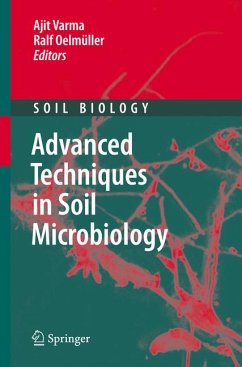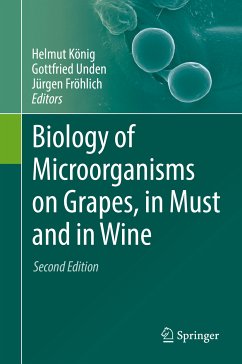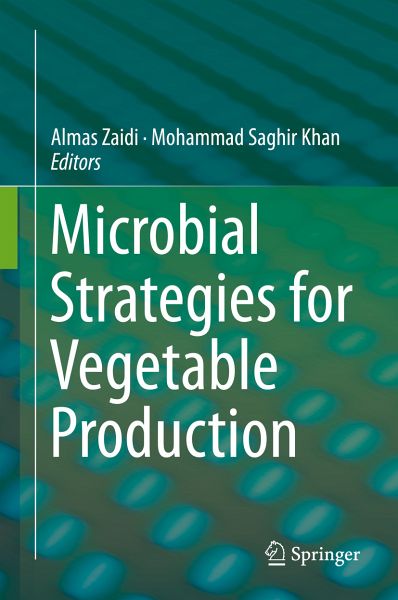
Microbial Strategies for Vegetable Production (eBook, PDF)
Versandkostenfrei!
Sofort per Download lieferbar
72,95 €
inkl. MwSt.
Weitere Ausgaben:

PAYBACK Punkte
36 °P sammeln!
¿This book provides a comprehensive information on basic and applied concepts of microbesial strategies adopted for the improvement of vegetables grown in various production systems. The beneficial role of soil microbes including plant growth promoting rhizobacteria (PGPR), nitrogen fixers, and phosphate-solubilizing bacteria in the improvement of vegetables grown both in normal and contaminated soils is discussed. The role of PGPR in tomato production is dealt separately. The impact of heavy metals on different vegetables and abatement of metal toxicity following metal tolerant PGPR and thei...
¿This book provides a comprehensive information on basic and applied concepts of microbesial strategies adopted for the improvement of vegetables grown in various production systems. The beneficial role of soil microbes including plant growth promoting rhizobacteria (PGPR), nitrogen fixers, and phosphate-solubilizing bacteria in the improvement of vegetables grown both in normal and contaminated soils is discussed. The role of PGPR in tomato production is dealt separately. The impact of heavy metals on different vegetables and abatement of metal toxicity following metal tolerant PGPR and their consequential impact on vegetables grown in metal polluted soil is discussed. Moreover, recent advances in the management of vegetable diseases employing PGPR are addressed. This volume is therefore of special interest to both academics, professionals and practitioners working in the field of vegetable farming/horticulture, microbiology and plant protection sciences.
Dieser Download kann aus rechtlichen Gründen nur mit Rechnungsadresse in A, B, BG, CY, CZ, D, DK, EW, E, FIN, F, GR, HR, H, IRL, I, LT, L, LR, M, NL, PL, P, R, S, SLO, SK ausgeliefert werden.



